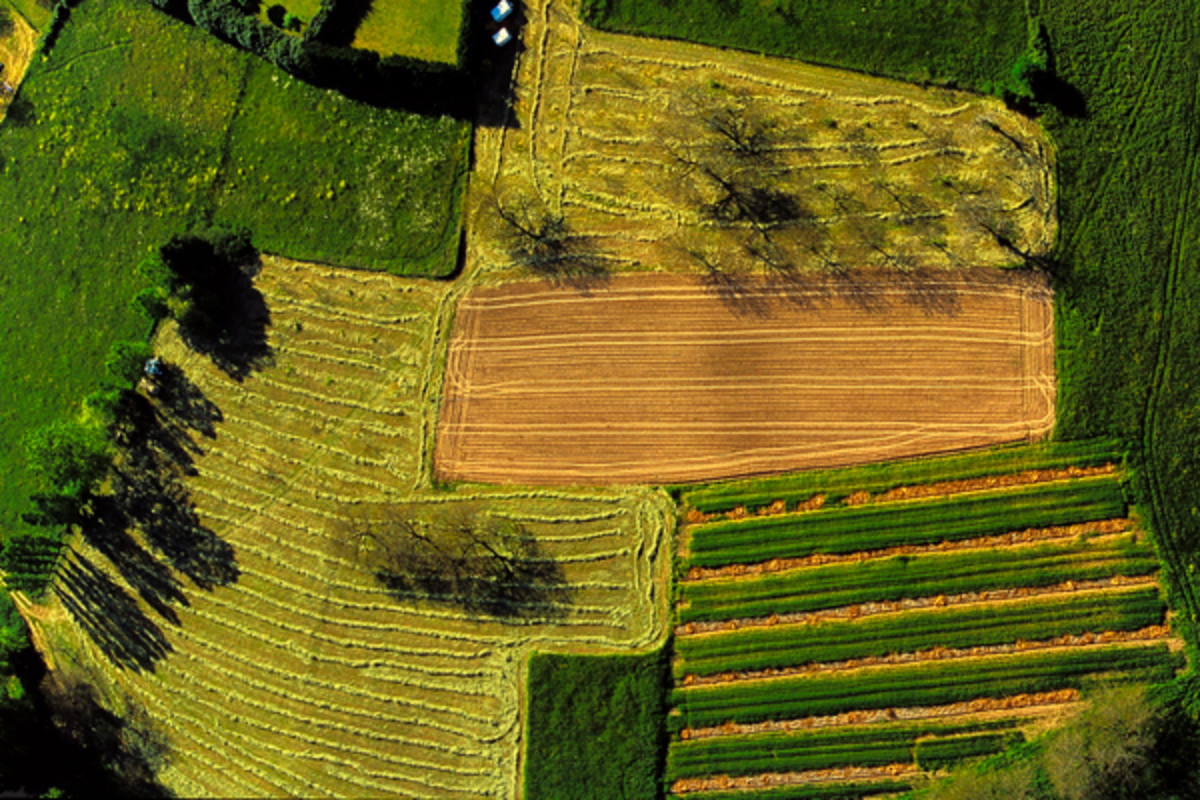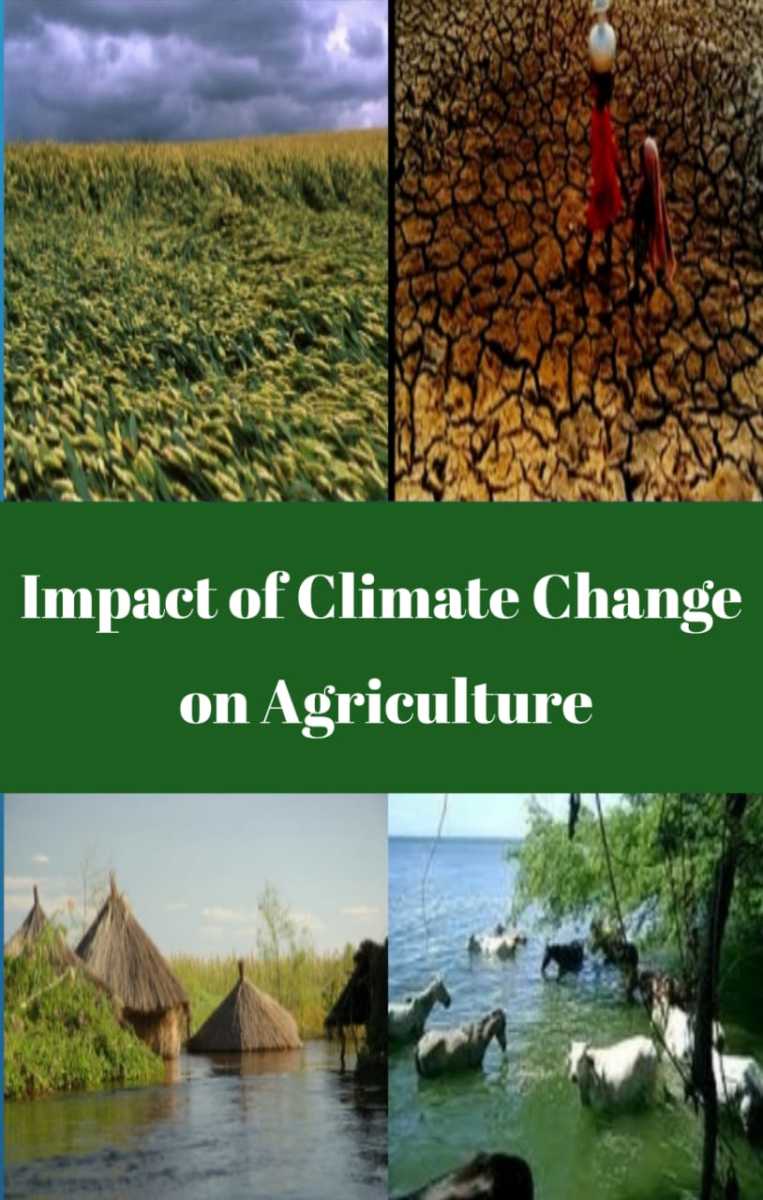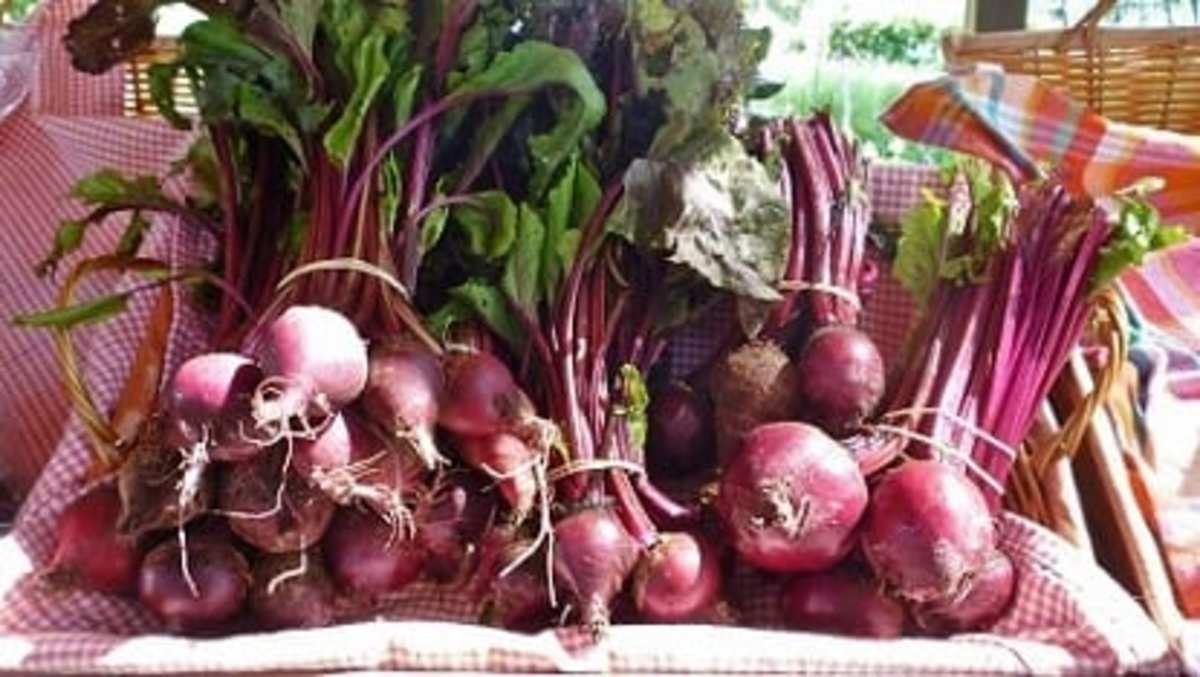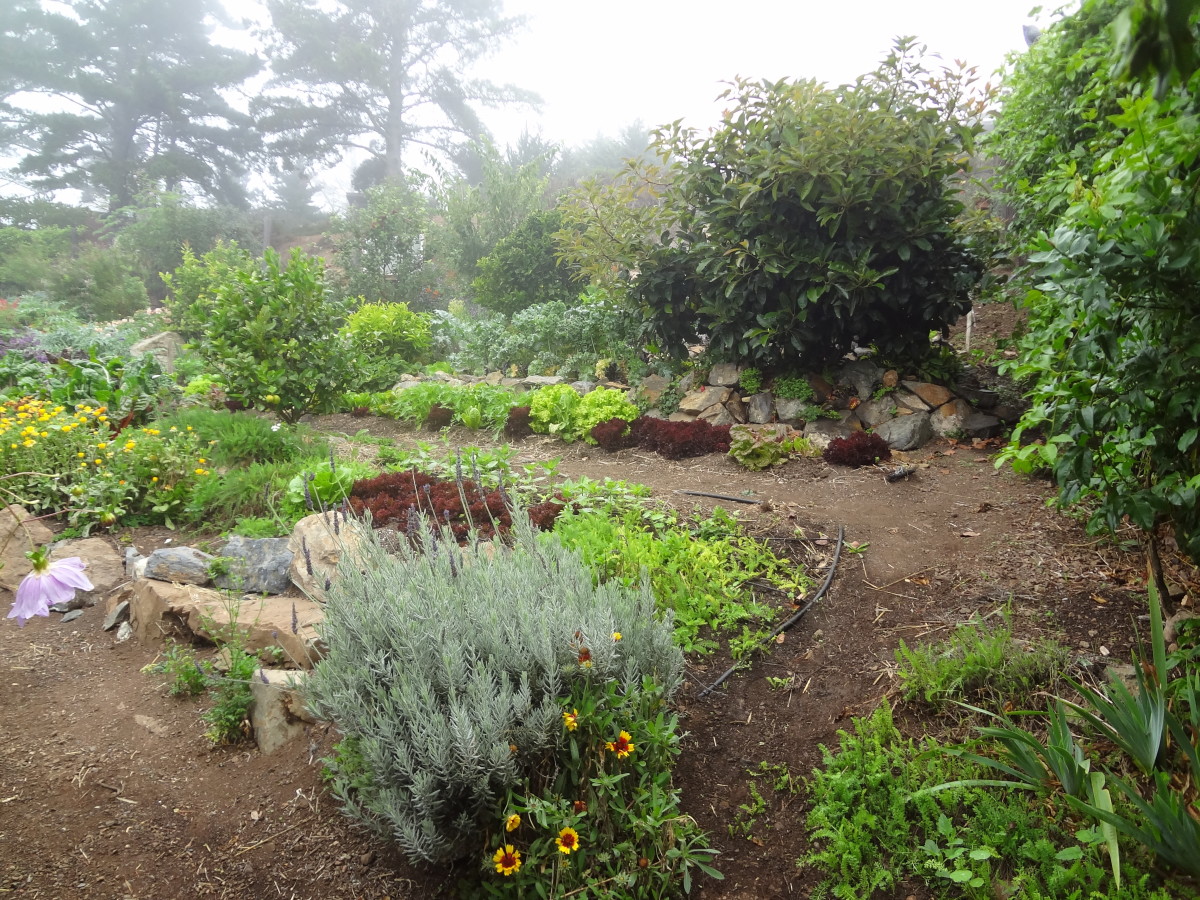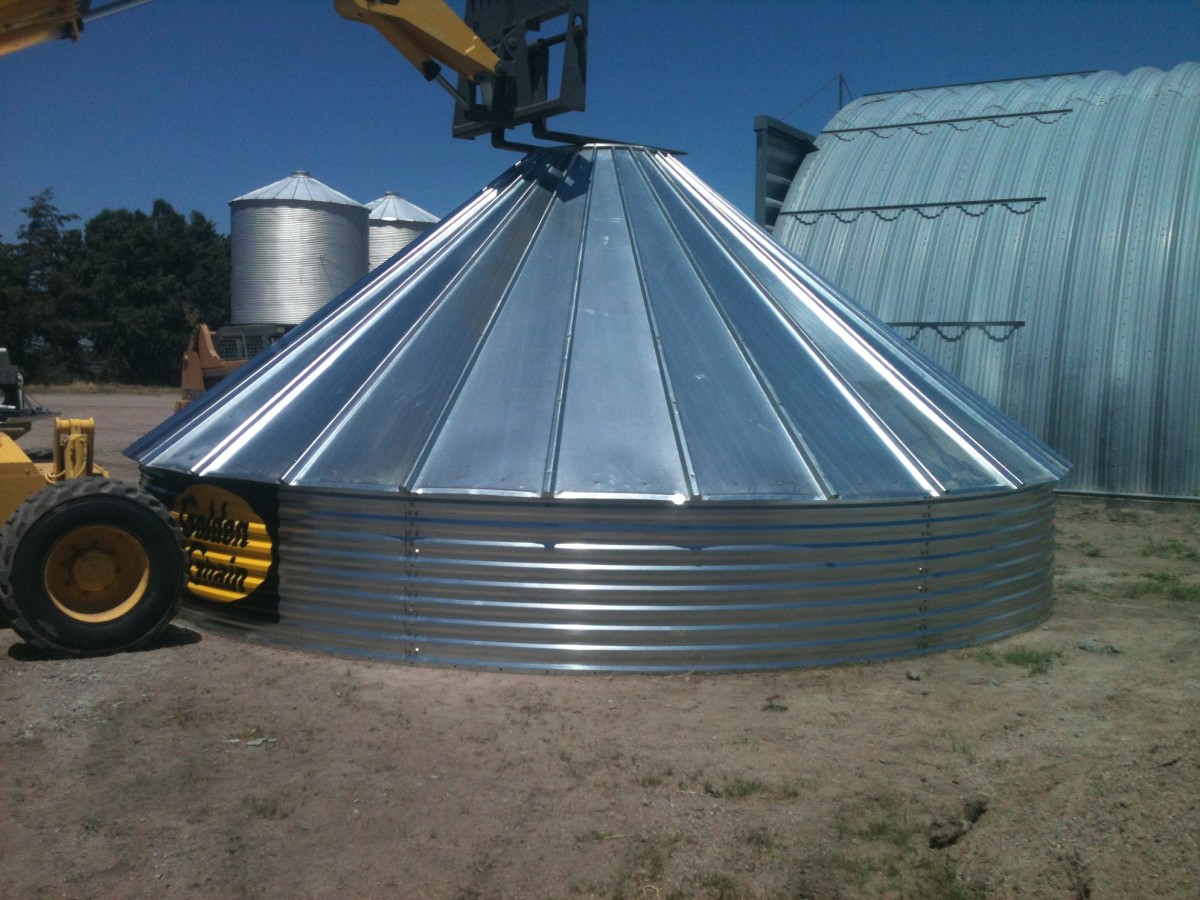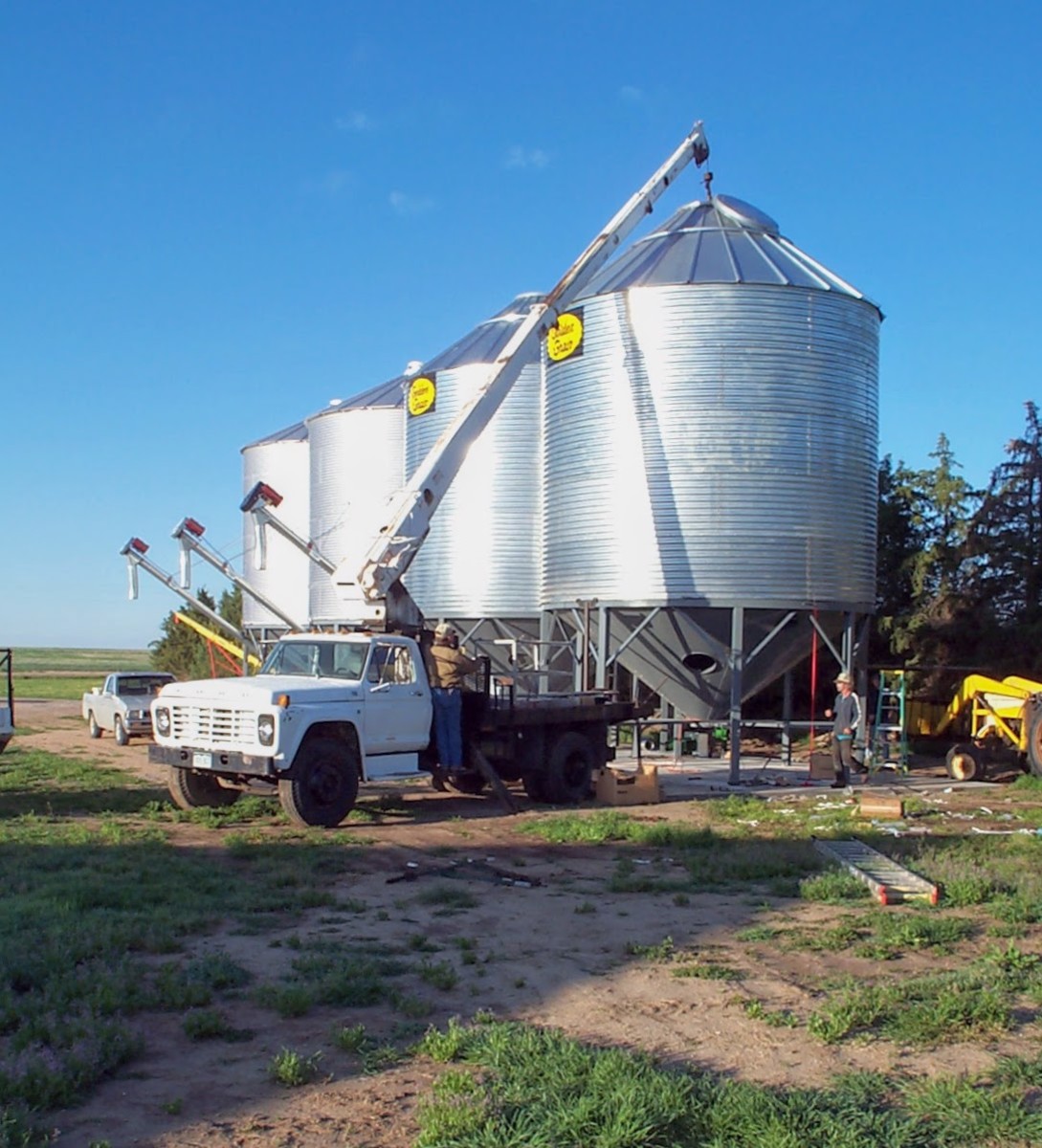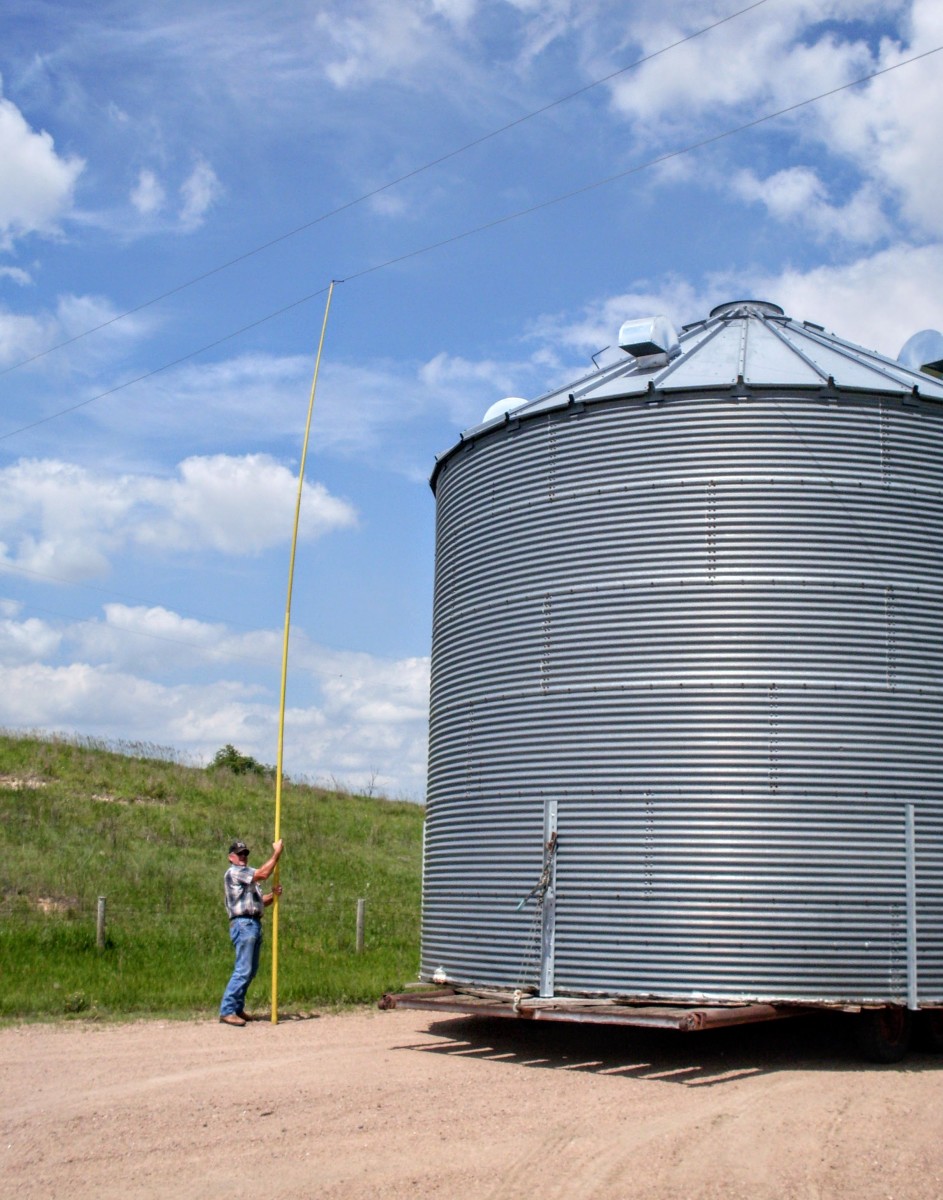Polyculture: The Farming Messiah?
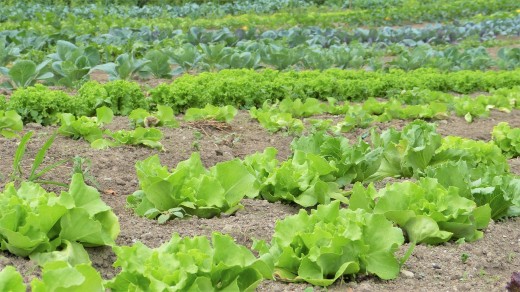
Why the world needs polyculture
Over the past two decades, farmers across the world have continually embraced monoculture. Monoculture refers to the cultivation of a single crop in a given area. It is a faster, cheaper and larger approach to food production. Unfortunately, this method of farming is unsustainable and leads to soil degradation. As farmers embrace this method of agriculture, they continue dumping millions of tons of herbicides and fertilizers in their farms, which pollute soil and water. According to research, we have lost 75 percent the world's crop variety in less than two centuries. It is time the world shifted to a more sustainable farming technique: polyculture.
What is polyculture?
Polyculture refers to companion planting whereby seeds are planted in a manner that imitates nature. How so? The seeds are planted close together (just like they grow in a natural setting) and this helps reduce the space where weeds grow. More to that. Many plants growing together, instead of similar plants in a single area, attract insects that aid pollination and form a smell that deters pests.
In essence, polyculture is a farming method in which many crops are planted in the same space imitating the natural ecosystem and allowing plant diversity. That said, how can we benefit from polyculture?
How polyculture benefits the world
Polyculture increases productivity
People embraced monoculture because of its ability to help them produce huge amounts of food. With monoculture, however, one can only produce one food at a time. As time goes by, the productivity of one's piece of land decreases due to the usage of fertilizers and herbicides to increase production. Polyculture, however, allows intercropping. Many crops in one piece of land produce various nutrients for the soil, eliminating overdependence on herbicides and fertilizers for soil fertility. The variety of nutrients produced in polyculture reduces diseases, weeds, and pests, hence productivity increases.
Saves on resources
When practicing polyculture, a farmer does not need vast land to satisfy his/her food production needs. This sustainable approach to farming allows farmers to grow many crops in the available pieces of land. More to that, farmers do not need sophisticated irrigation methods to water crops over vast land areas. Since the crops are all in one section, irrigation is made easier and less water is used. Also, farmers save a lot of money as little or no fertilizers are required for polyculture crops. The best part is that farmers can have the same output as monoculture even with small units of land.
Polyculture offers a stable source of income for farmers
We are well aware that when certain foods are produced in large amounts globally, their prices decrease. For a farmer engaging in monoculture, this decrease means reduced profit margins or even worse, losses! Growing many crops in the same piece of land offer a cushion effect for farmers in cases of reduced prices for some food varieties. Since the prices of foods cannot all go down together, the farmer will profit from the other plants that he/she is growing.
Plant competition
How does plant completion benefit a farmer? Different plants have varying root sizes. This combined with diverse plant shapes leads to full soil utilization. Some plants grow thicker and try to absorb more soil than others using their roots. This creates competition among the plants allowing them to produce more than single crops which grow same in root size and shape and do not compete for soil resources.
Studies were conducted in China where different varieties of rice were planted in the same field. The results were an 89% increase in productivity due to a decrease in the number of diseases. Polyculture helps sustain a healthy ecosystem, reduces plant susceptibility to disease, and provides an economical approach to farming. Though it requires more labor than monoculture, the results are desirable for everyone across the globe, the environment included!

